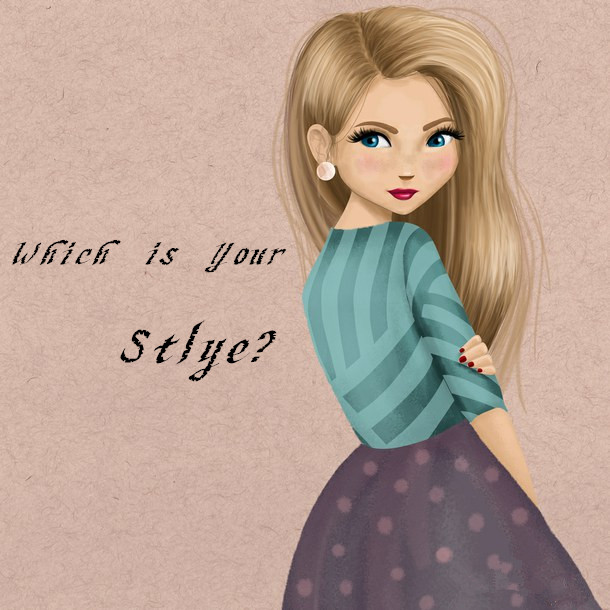
你是哪种风格? (Nǐ shì nǎzhǒng fēnggé?) Which is Your Style? (Intermediate)
Key Learning Points (Preview):
帅哥 (shuàigē): n handsome man or cute boy (Who Is the Most Popular “帅哥 (shuàigē)” in China?)
美女 (měinǚ): n beautiful girl
假小子 (jiǎxiǎozi): n tomboy
For teenagers in China, there are many interesting, funny and popular Chinese words used to describe their styles and tastes. In this article, we give you examples of some most widely-used teenager expressions.
People in China usually use the Chinese words “帅哥 (shuàigē)” to describe handsome boys or men, while they use the Chinese phrase “美女 (měinǚ)” to describe beautiful girls.
In addition to using the phrase “美女 (měinǚ) beautiful girl” to describe an attractive girl, one can also use “淑女 (shūnǚ) good mannered lady” to describe a girl who is gentle and has good manners. For girls who behave just like boys, people often call them “假小子 (jiǎxiǎozi) tomboy. ”
In schools, “书虫 (shūchóng) book worm” are used to describe students who are interested and spend a lot of time in reading books. Finally, we describe a young but mature person “少年老成 (shàoniánlǎochéng).”
Key Learning Points:
1. 帅哥 (shuàigē): n handsome man or cute boy
In Chinese, “哥 (gē)” means elder brother and “弟 (dì)” means young brother. But in this phrase, people just use “哥 (gē)” to mean boys.
Example:
Hāi, zěnme yí gè rén a!
A: 嗨,怎么一个人啊!
Hi, why are you alone here?
Méi bànfǎ, péngyou dōu yǒuyuē le.
B: 没办法, 朋友都有约了。
There is nothing I could do since all my friends have appointments.
Bú huì ba, xiàng nǐ zhèyàng de shuàigē zěnme huì luòdān?
A: 不会吧,像你这样的帅哥怎么会落单?
Oh, no! I can’t believe that a cute boy like you is here alone.
2. 美女 (měinǚ): n beautiful girl (Do You Know the Four Beauties of Ancient China?)
“美 (měi) beautiful ” is the antonym of the Chinese character “丑 (chǒu) ugly.”
Example:
Gébì bān nà gè měinǚ shì wǒ xǐhuan de lèixíng.
A: 隔壁班那个美女是我喜欢的类型。
The beautiful girl in another class is the type I like.
Xǐhuan jiù qù zhuī ya.
B: 喜欢就去追呀。
You should pursue her if you like her.
3. 假小子 (jiǎxiǎozi): n tomboy
“假 (jiǎ) false” is the antonym of the Chinese character “真 (zhēn) true.” “小子(xiǎozi)” means boy.
Examples:
Tā nǚ’ér shì yí gè tiáopí de jiǎxiǎozi.
他女儿是一个调皮的假小子。
His daughter is a naughty tomboy.
Dàjiā yào tígāo duì zhēnjiǎ shìfēi de biànbié nénglì.
大家要提高对真假是非的辨别能力。
We should improve our ability to distinguish between the truth and the false and discriminate right from wrong.
(Want to have a successful date in China? Our native teachers can give you some tips.)
生词 (shēngcí) Vocabulary:
淑女 (shūnǚ): n good mannered lady
书虫 (shūchóng): n book worm
少年老成 (shàoniánlǎochéng): adj young but mature
落单 (luòdān): adj alone
You may be interested in these topics:
4 Must-Know Ways to Address Chinese Young Men
Answer to How Should I Address Chinese Young Women?
Don’t call me Xiaojie!
Chinese Popular Words
General Chinese (Beginner Level)
General Chinese (Intermediate Level)




I don’t always agree with your posts, but this was dead on, way to go!
Nombre de resources.echineselearning.com a GoogleReader!
Gracias